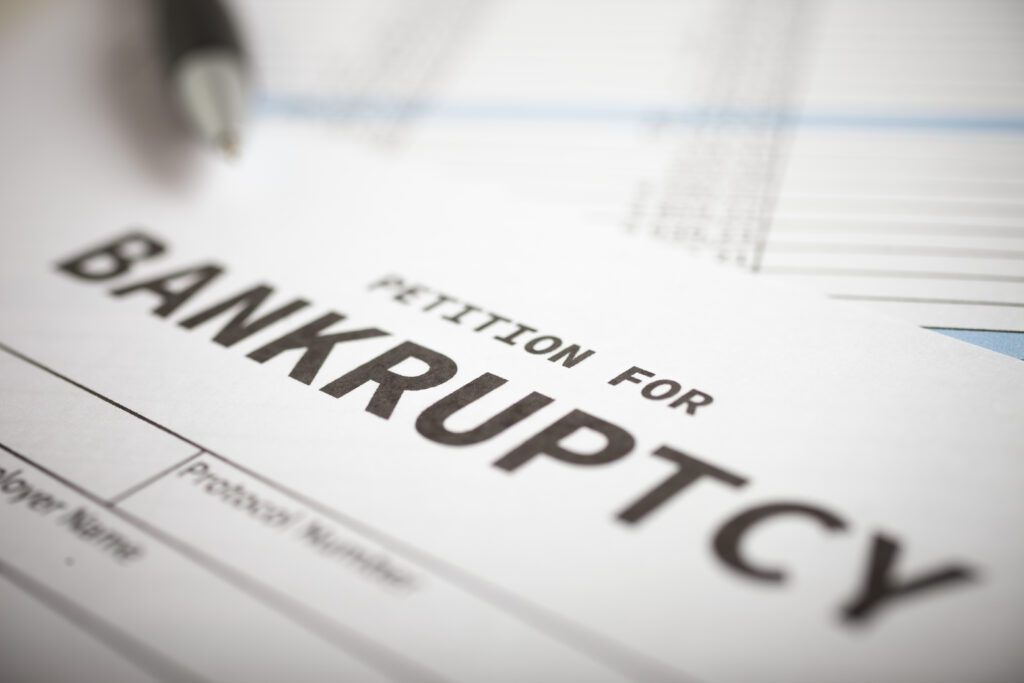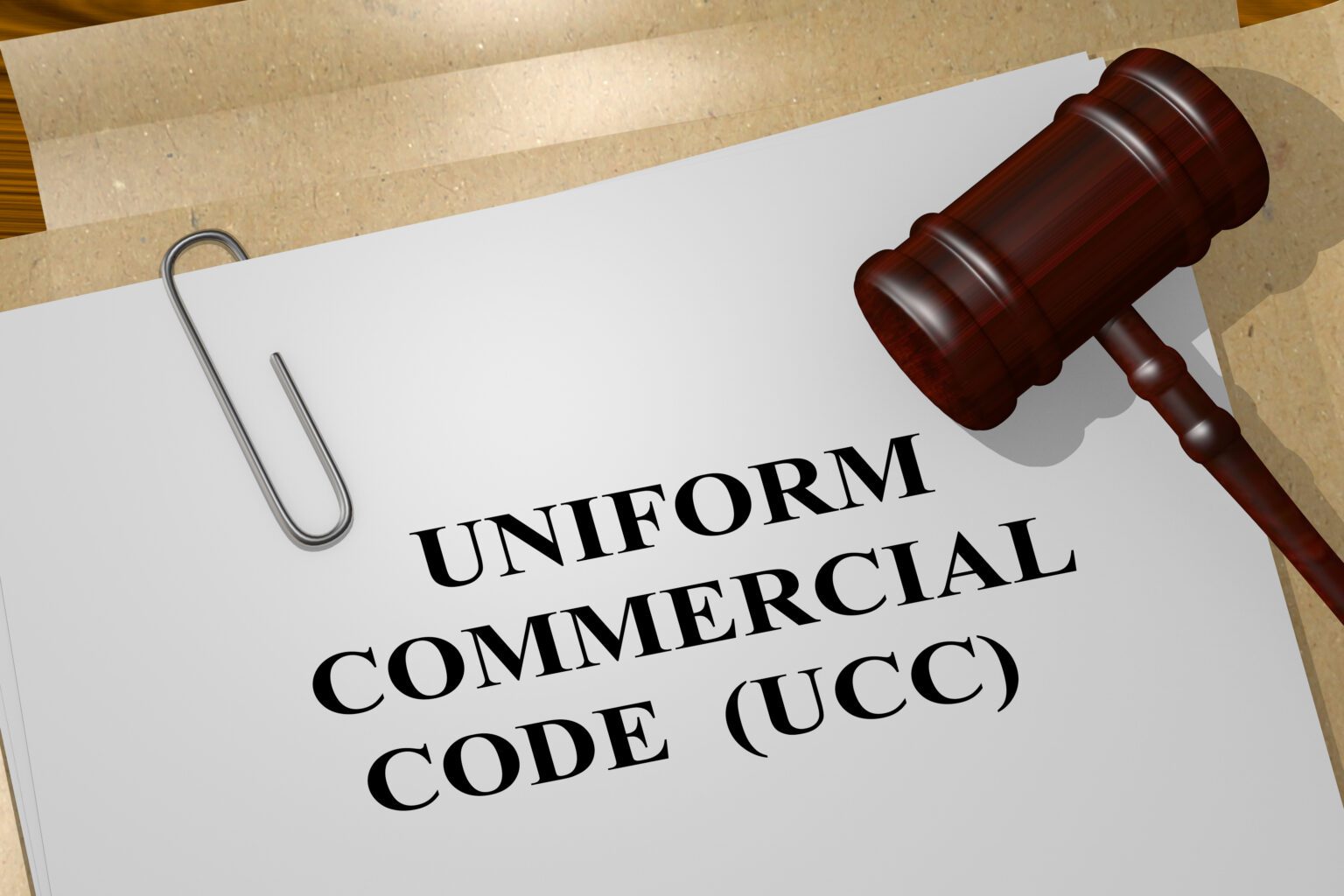Advertiser Disclosure: Many of the companies featured here provide compensation to us. This is how we maintain our free service for consumers. Compensation, along with hours of in-depth editorial research, determines where & how companies appear below.
Summary: Generally, lenders use Uniform Commercial Code (UCC) liens to guarantee collateral before lending money to consumers or businesses. Debts secured by UCC liens are best eliminated by paying them off, as bankruptcy does not eliminate debts secured by UCC liens. It may be possible to negotiate a new payment plan with Uniform Commercial Code.
As a business owner, you may have taken out a loan to purchase business equipment or property. Creating or producing goods and services for your customers requires business equipment. Most business loans are used to finance commercial real estate, commercial vehicles, office equipment, or inventory.
Likely, you will not experience any problems if you make your payments on time to your lender. You may, however, not be able to make your business loan payments if your sales dry up and revenue declines.
The consequences of defaulting on a business loan can be severe for you and your business. Before lending you money for your business, lenders typically use a lien under the Uniform Commercial Code (UCC) to guarantee collateral. In addition to the items you purchase for your business, your personal property, such as your house or vehicle, can also be used as collateral.
If your company faces a financial disaster, you must find a way to resolve the debt without sacrificing your assets. Ideally, you will be able to keep the property you need to keep your business afloat while modifying the terms of your loan.
UCC Filings And UCC Liens: What Are They?

If you take out a business loan, your lender will likely include a Uniform Commercial Code filing. UCC filings identify any property you have pledged as collateral for the creditor’s funding. Creditors can file a Uniform Commercial Code lien against your property once they receive the UCC filing.
Creditors are provided with additional security by a UCC lien. If the business owner defaults on the loan, the creditor may be able to seize the property identified in the lien. In the event of a default by the borrower, the first lien holder has the first right of refusal over the property. It is important to note that all liens expire after five years, but if a loan is long-term, creditors may renew them.
A Uniform Commercial Code lien can be filed against specific collateral or as a blanket filing.
Liens against specific collateral relate to specific assets. For example, a lender may retain a lien on a piece of equipment but not on other assets of the company.
There is no limit to the scope of a blanket UCC filing lien. All business property in the company will remain in the creditor’s hands. The lender may requisition personal assets pledged by the company owner in the loan if the owner defaults on the loan.
If a lender places a blanket UCC filing on the organization, the organization will have difficulty obtaining other credit until the loan is repaid.
Uniform Commercial Code Filing: How Does It Impact An Organization?
The majority of businesses will require some funding to expand. The growth of a business usually requires additional office space, more employees, and increased marketing, research and development, and sales expenses.
Equity or debt can be used to fund a project. Equity investments give investors a stake in the company, whereas debt requires regular payments to creditors.
Businesses can benefit from the use of debt if they use it appropriately. It should be noted. However, that debt does have future implications for the company.
A business’s credit history is similar to that of an individual’s. The quality of their credit has an impact on their ability to obtain loans. If a lender has filed a Uniform Commercial Code with the organization, it will appear on the organization’s credit report. It will be indicated in the UCC filings as to which equipment is affected and whose collateral is owned.
An organization’s ability to obtain future financing can be adversely affected by Uniform Commercial Code filings. It is less likely that creditors will be able to recover their money if a business loan defaults if there is no equipment available to use as collateral.
The collateral of a company is at risk when a loan is secured by a UCC filing. To satisfy the debt, the lender may file a suit to recover the property if the company is unable to repay the loan.
How To Remove A UCC Lien
Paying off the debt is the best way to remove a Uniform Commercial Code lien. As soon as you pay off the debt, the lender releases the assets from their control.
When a business debt is repaid, the lender must file a UCC-3 statement to remove the lien from the property. Alternatively, if the lender fails to file the notice, the company owner may write a letter to the creditor requesting that the lien be released.
A business can approach their local secretary of state’s office if they discover an old lien on their property from a loan that was repaid many years ago. When the owner provides an oath that the loan no longer exists, most states will remove Uniform Commercial Code liens.
When a company owner uses an oath to remove a loan, the statement must be verified as truthful. Fraudulently representing that a loan was repaid to remove a Uniform Commercial Code lien may result in legal trouble, including fines, penalties, and possible jail time.
Can I File Bankruptcy To Discharge A UCC Lien?

The bankruptcy process effectively eliminates unsecured debts, but not loans secured by a UCC lien. Business owners can lose any UCC-secured property if they can’t meet their credit obligations.
It is best to attempt to resolve the debt with the lender if you wish to retain property held by a UCC lien as the business owner. Check with them to see if they can lower your payments and extend the term of your debt or if they will grant you a short-term forbearance.
Bankruptcy may be an option if you do not anticipate an easy recovery. It is typically possible for business owners to declare bankruptcy under Chapter 7 or Chapter 11. Chapter 13 bankruptcy is available to sole proprietors.
If the company owner does not believe that the business can be salvaged, a Chapter 7 bankruptcy may be the best option. Most of the company’s debts will be discharged under Chapter 7. It will be necessary for the business to surrender all collateral held by secured loans, but all unsecured loans will be eliminated.
Chapter 11 bankruptcy is the best option if the business owner believes that the company is likely to survive. As a result of Chapter 11 bankruptcy, the company continues to operate.
If the owners and their creditors can reach an agreement on repayment terms, the business may retain the collateral. As long as the owner does not successfully discharge the UCC lien through repayment, the lien will remain in place.

